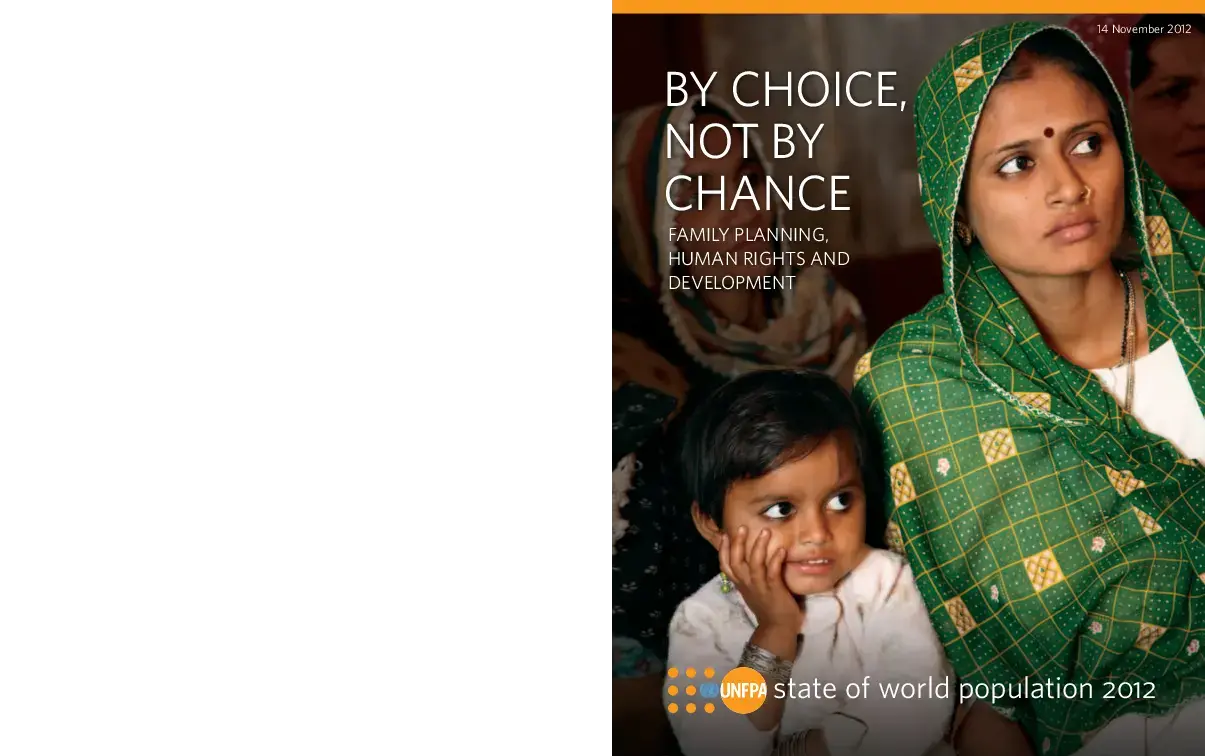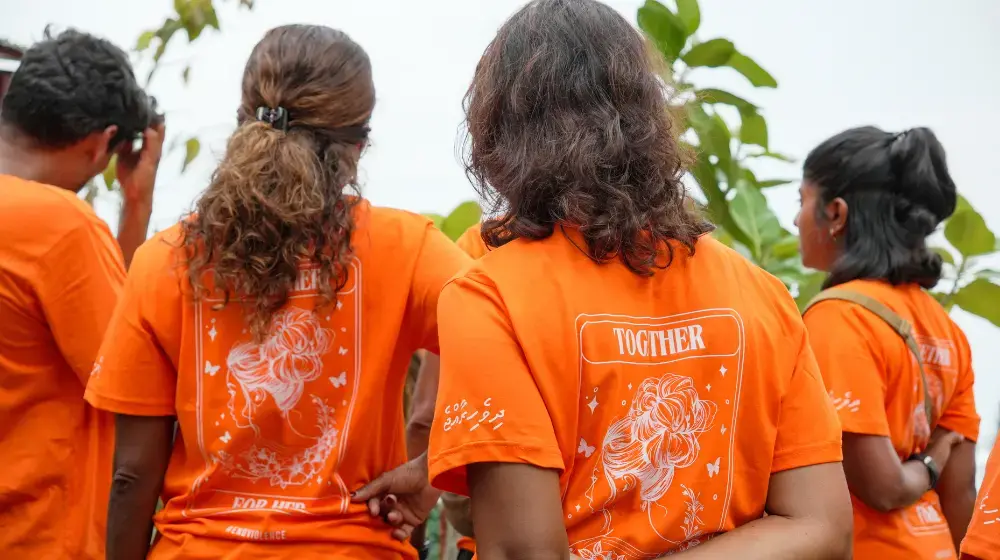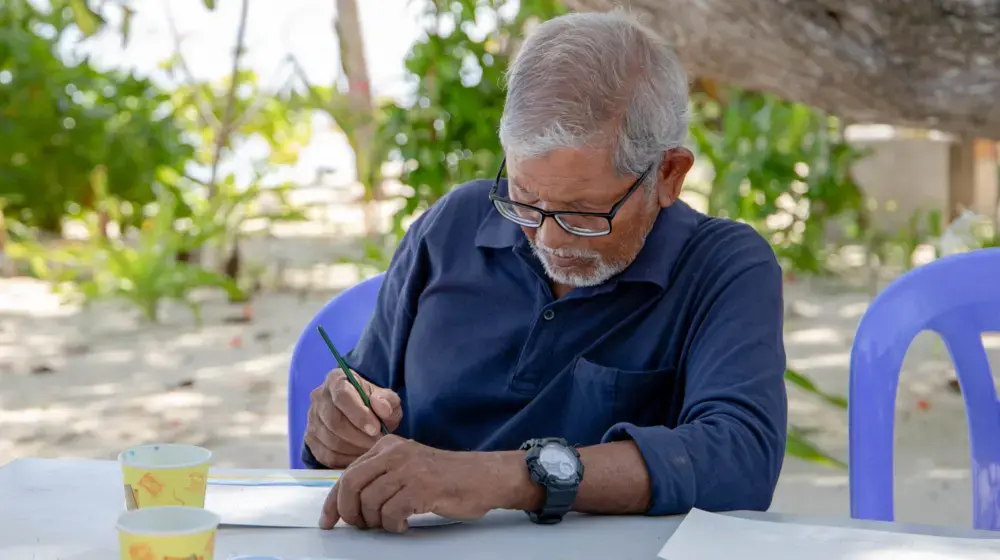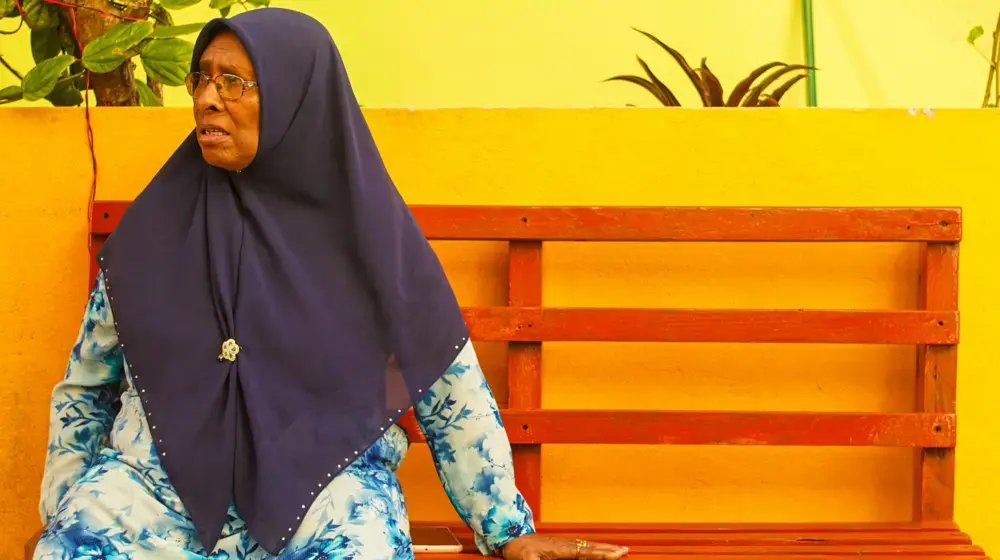All human beings-regardless of age, sex, race or income-are equal in dignity and rights. Yet 222 million women in developing countries are unable to exercise the human right to voluntary family planning.
This flagship report analyzes data and trends to understand who is denied access and why. It examines challenges in expanding access to family planning. And it considers the social and economic impact of family planning as well as the costs and savings of making it available to everyone who needs it.
The report asserts that governments, civil society, health providers and communities have the responsibility to protect the right to family planning for women across the spectrum, including those who are young or unmarried.
Nevertheless, the report finds that financial resources for family planning have declined and contraceptive use has remained mostly steady. In 2010, donor countries fell $500 million short of their expected contribution to sexual and reproductive health services in developing countries. Contraceptive prevalence has increased globally by just 0.1 per cent per year over the last few years.





